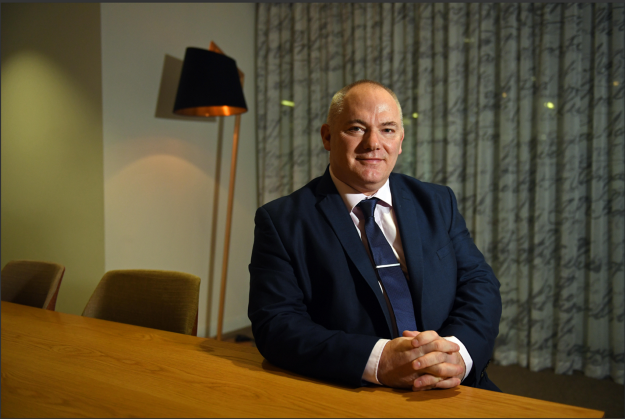The great resignation debate and staff retention seems to be the hot topic across Australian board tables and HR circles at the current time. However, a crucial question every employer should ask is: ‘Do we really understand and invest in our staff’.
When I say understand, I mean listening to their staff’s thoughts, feelings, emotions, and understanding the impact or influence an organisational decision can have on them.
Investing in your staff is not just about pay and benefits. It’s about being authentic in your interactions with your staff, mentoring, motivating, supporting, and encouraging them to be the best they can be and asking nothing in return.

Yes, Servant Leadership and Emotional Intelligence (EI) can have a dramatic impact on both the leader and staff member. However, do we really understand and know how to practically apply this in an organisational context to help with staff retention?
Before I answer this question, let’s go back to the early stages of self-identity and moral development in individuals. We know from many studies that people’s self-identity and DNA are influenced at an early age by mentors such as family, and as they get older, they develop their own self-identity, DNA, values, emotions and needs.
When they start work with a company their self-identity merges with the organisation to create a social identity – basically a bond with the organisation, where both parties form a happy medium, a working relationship, which for the employee is based on trust, security, participative safety, and a feeling of belonging to the organisation. One could say an intertwining of the employees’ hierarchical needs with that of the company.
So, when an organisation or leader makes an organisational change or decision, do we use EI to understand the thoughts, feelings and emotions of any staff that are impacted by the decision?
Do we empower our staff to be part of the change process, from the planning formulation and implementation of the process, with them then becoming advocates of the change process?
It’s so easy to break the social identity bond and feeling of belonging to an organisation through one wrong decision, so using EI becomes a critical factor for any leader when making day to day decisions.
It’s also not just about organisational change decisions. It’s about being authentic and using EI in your day-to-day decision making as a leader to better understand your staff, so that you don’t sever the social identity relationship that has been built up, often over many years.
Remember, as a leader ‘Its only when you understand the impact of your thoughts, feelings and emotions on others that you can start to understand other people’s thoughts, feelings, emotions and perception of you as a leader’.
Using EI will certainly help with staff retention. When it is combined with Authentic, Servant Leadership and investing in your staff, it can have an incredible positive impact on staff retention.
So, what do I mean when I state, ‘investing in people by becoming a Servant Leader’?
Becoming a Servant Leader means giving back to your staff by mentoring, motivating, encouraging them to be the best that they can be, without any reward, except for the rich satisfaction of watching them succeed.
I learnt a long time ago that an annual review is not Servant Leadership. Servant Leadership is about giving up your own personal time to help, support, mentor, and develop others, thus creating an environment of participative safety for them to develop and grow their skillset.
Staff retention is not always about pay, it’s about creating the right conducive conditions to meet the employee’s needs. Often, many employees stay with an organisation because of the culture and leadership that exists across their organisation. Applying Servant Leadership and EI authentically with your staff certainly creates the right conducive conditions for staff retention. It’s also a contributing factor in influencing the culture across your organisation.
So, when did you last give back to your staff?
Tony Beaven is a Chartered Manager and Fellow of the Institute of Managers & Leaders. Tony is an active Mentor in the Institute’s Mentoring Program and is the Commercial Integration Director for AFH Wealth Management.


